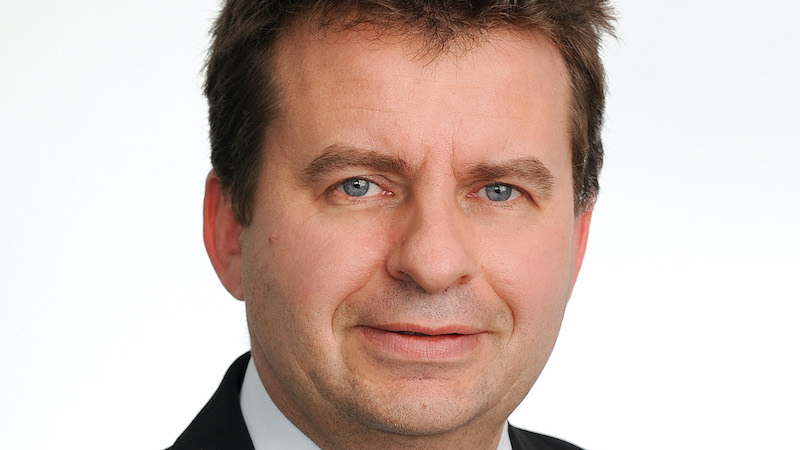The board of the Fundsmith Emerging Equities Trust has expressed frustration that the share price has failed to keep pace with the significant outperformance of the net asset value during the coronavirus crisis.
The investment trust returned 4.3% in the six months to 30 June, compared to a loss of 3.4% in the MSCI Emerging and Frontier Markets index. In contrast, the share price rose just 0.3% over the period, according to the Fundsmith Emerging Equities Trust half-year report.
The outperformance contrasts with underperformance since launch, in June 2014, during which the trust returned 27.3% compared to 49.8% in the index.
Fund manager Michael O’Brien (pictured) said the standout performer of the period was Mercado Libre, Latin American’s largest payments and e-commerce business. Nestle India and Turkish business BIM both benefited from increased spending on staples during the early stages of the Covid-19 outbreak.
O’Brien suspected the two months of underperformance, April and June, were due to ETF flows, pointing to the fact the two largest index constituents, Alibaba and Tencent rose over the period. Tencent was one of three additions to the portfolio over the period.
See also: Fundsmith emerging markets trust lands buy recommendation from Investec
Retail investment platform among portfolio additions
Brazilian pharmaceutical business Hypera was the largest detractor over the period due to the “substantial” weakening of the real, said O’Brien.
Currency also hit South African business Clicks, while Chinese business Travel Sky was hit by its dependence on the aviation sector.
In addition to Tencent, O’Brien also added Brazil’s largest retail investment platform, XP, over the period. With a 4.5% share of the $2.1trn investment market, XP is 10 times larger than its next largest competitor.
Brazilian fashion retailer Lojas Renner was also added, while South African packaged goods company Tiger Brands was sold.
Overall portfolio turnover was 12.4%, down from 17.1% during H1 2019, with dealing costs more than halving to £65,962.
Feet’s board frustrated with stubborn discount
Despite the strong performance from the NAV, the share price on the investment trust has remained stubbornly low. The current discount is 13.9%.
Chairman Martin Bralsford said the board was “disappointed” and had held many “ad hoc” meetings regarding share price control.
“However, to date the board has been of the opinion that share buybacks are not always in the best interests of shareholders as they reduce the size of the company and therefore increase the ongoing charges ratio,” Bralsford said.
Due to the market impact of Covid-19, the board was also concerned share buybacks would not reduce the discount for any meaningful period of time. It would instead focus on marketing efforts until markets settled, he said.
O’Brien took over management of the fund from Terry Smith in May 2019. In the period since, he has made several changes to the portfolio, including reducing exposure to countries with high macro and political risk, increasing exposure to healthcare and technology and reducing exposure to multinational subsidiaries where management teams come from overseas and lack local knowledge.
The portfolio has also become more concentrated with 38 stocks, which is at the lower end of the mandated range of between 35 and 55 holdings.










